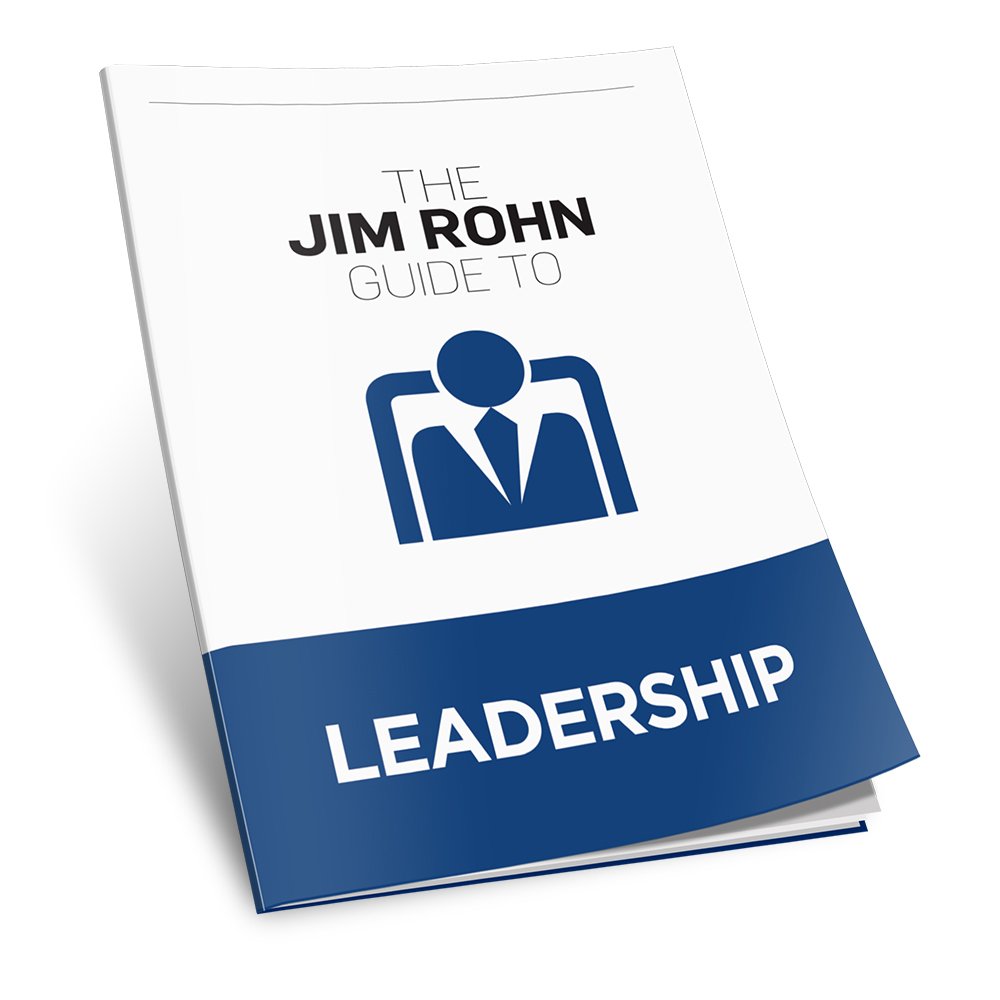In today’s fast-paced world, possessing good character traits is more than just a moral compass—it’s a cornerstone of personal and professional success. But what exactly defines “good character”? It goes beyond mere actions; it encompasses the intrinsic qualities that define how we interact with others, handle adversity and contribute to our communities.
Good character traits encompass a broad spectrum of virtues—from integrity and empathy to resilience and accountability. They are the bedrock upon which trust and respect are built in any environment, be it at home, in school or in the workplace.
What you’ll learn in this article:
- The essential characteristics that define good character traits and their significance in personal and professional settings
- How cultivating traits like integrity, empathy and resilience can enhance workplace dynamics and career prospects
- Examples of the best character traits to embody, tailored to different career paths
- Practical advice on integrating these traits into daily interactions and decision-making processes to foster personal growth and professional success
What Are Character Traits?
Character traits are the inherent qualities that define an individual’s behavior, attitudes and ethical principles. These traits form the foundation of how we interact with others, navigate challenges and contribute to society. They encompass a range of attributes—from personal values and virtues to emotional intelligence and social skills. Understanding and developing character traits is essential for personal growth and fostering meaningful relationships.

Why Good Character Traits Matter In The Workplace
Good character traits play a pivotal role in shaping workplace culture and individual success. Employers value employees who exhibit integrity, reliability and a positive attitude, as these traits contribute to a harmonious and productive work environment. Additionally, traits such as resilience, adaptability and leadership are crucial for navigating challenges and driving innovation. Employees with strong character traits are more likely to earn the trust of colleagues and supervisors, enhancing teamwork and organizational cohesion.
Related: How to Build Character
The 20 Best Character Traits For Working Professionals In 2024
Below you will find 20 good character traits to have in the workplace, no matter your career. These traits will enable you to be an effective leader and contribute to the overall success of your team both now and the future.
1. Integrity
Integrity is the cornerstone of trustworthiness and ethical conduct in the workplace. Professionals with strong integrity uphold honesty and consistency in their actions, earning respect and credibility from colleagues and superiors alike.
2. Resilience
Resilience enables professionals to bounce back from setbacks and challenges, demonstrating perseverance and determination. Those who embody resilience inspire confidence and contribute to a positive and supportive work environment.
3. Leadership
Leadership goes beyond management roles; it involves inspiring others, fostering collaboration and driving organizational goals. Professionals with effective leadership skills empower teams and facilitate innovation and growth.
4. Adaptability
Adaptability is crucial in today’s dynamic work environment, where change is constant. Professionals who are adaptable embrace new ideas, navigate uncertainty with ease and contribute to agile and responsive teams.
5. Empathy
Empathy allows professionals to understand and connect with colleagues and clients on a deeper level. Those who practice empathy foster stronger relationships, resolve conflicts more effectively and promote a compassionate workplace culture.
6. Accountability
Accountability involves taking ownership of one’s actions, decisions and outcomes. Professionals who demonstrate accountability accept responsibility and learn from mistakes, encouraging a culture of transparency and trust.
7. Teamwork
Teamwork is essential for achieving collective goals and fostering collaboration. Professionals who excel in teamwork communicate effectively, share knowledge and resources and improve group dynamics.
8. Creativity
Creativity fuels innovation and problem-solving in the workplace. Professionals who embrace creativity generate fresh ideas, approach challenges from new perspectives and help create a culture of innovation and continuous improvement.
Related: Creative Abrasion: 4 Strategies to Introduce Healthy Conflict Among Your Team
9. Communication
Effective communication is fundamental to workplace success. Professionals who communicate clearly, listen actively and convey ideas persuasively enhance collaboration, prevent misunderstandings and promote a productive work environment.
10. Initiative
Initiative involves taking proactive steps to drive progress and achieve goals. Professionals who demonstrate initiative show ambition, resourcefulness and a willingness to go beyond their job descriptions to contribute to organizational success.
11. Open-mindedness
Open-minded professionals embrace diverse perspectives, new ideas and constructive feedback. They foster inclusivity, adaptability to change and continuous learning, supporting the development of a dynamic and forward-thinking workplace.
12. Problem-solving
Problem-solving skills enable professionals to identify challenges, analyze root causes and implement effective solutions. Those who excel in problem-solving demonstrate critical thinking, creativity and a commitment to overcoming obstacles.
13. Dependability
Dependability involves being reliable, consistent and trustworthy in fulfilling commitments and meeting deadlines. Professionals who are dependable build credibility, inspire confidence and contribute to a culture of reliability and accountability.
14. Patience
Patience is required at all levels of an organization, but especially when working with new employees or those attempting to learn a new skill. Professionals who remain patient while guiding their team members will help these individuals not only gain mastery and confidence, but also develop further trust toward and comradery with their mentee. This results in greater productivity in the long run.
15. Time management
Effective time management skills enable professionals to prioritize tasks, meet deadlines and maximize productivity. Those who excel in time management demonstrate organization, efficiency and a commitment to achieving results.
16. Attention to detail
Attention to detail ensures accuracy and quality in work output. Professionals who pay attention to detail prevent errors, maintain high standards and help cultivate excellence and precision within the workplace.
17. Stress management
Stress management skills enable professionals to maintain composure, resilience and productivity in challenging situations. Those who manage stress well foster a positive work environment and promote well-being.
Related: 11 Strategies for Managing Stress
18. Decision-making
Effective decision-making involves evaluating options, considering consequences and making informed choices. Professionals who make sound decisions demonstrate judgment, analytical thinking and a commitment to achieving optimal outcomes.
19. Ethical judgment
Ethical judgment involves making decisions based on principles of fairness, integrity and respect for others. Professionals who exercise ethical judgment uphold ethical standards, earn trust and contribute to a culture of ethical behavior.
20. Networking
Networking involves building and maintaining relationships that facilitate professional growth and opportunities. Professionals who network effectively establish connections, share knowledge and expand their influence within and beyond their organizations.
Relevant Character Traits By Career

While every employee should aspire to possess each of the above character traits, there are specific ones that are most important for select careers. Here are a few examples of which character traits are most valuable within popular careers for 2024:
Healthcare Professionals
- Empathy: Essential for understanding and supporting patients’ emotional and physical needs.
- Adaptability: Ability to respond to unpredictable situations and changing patient conditions.
- Communication: Clear communication with patients, families and healthcare teams is crucial for effective care.
Teachers And Educators
- Patience: Needed to work with diverse student needs and learning styles.
- Creativity: Developing engaging lessons and adapting to students’ varying levels of understanding.
- Resilience: Handling challenges in the classroom and supporting students through difficulties.
Human Resources Professionals
- Communication: Effectively communicating policies and procedures to employees.
- Problem-solving: Resolving conflicts and promoting a positive work environment.
- Empathy: Understanding and addressing employees’ concerns and needs.
Including Character Traits In A Resume Or Cover Letter
Integrating positive character traits into your resume or cover letter is crucial for showcasing the qualities of a good person that potential employers value. Begin by identifying key traits such as integrity, resilience and leadership that align with the job requirements and company culture. Highlight specific examples from your experiences that demonstrate these traits effectively.
Here are some tips on how to incorporate character traits effectively:
- Highlight relevant experiences: Describe situations where you demonstrated strong character traits in previous roles or academic achievements.
- Use concrete examples: Provide specific instances where your integrity, resilience or leadership skills made a positive impact.
- Connect traits to job requirements: Show how your character traits are relevant to the position you’re applying for and how they can contribute to the company’s success.
- Quantify achievements: Whenever possible, quantify the results of your actions to demonstrate the tangible impact of your character traits.
By effectively communicating your character traits and values, you not only differentiate yourself from other candidates, but also demonstrate your potential to contribute positively to the company culture. Strengthen your application by illustrating how your strong character and commitment to personal growth align with the company’s values and goals.
Referencing Good Character Traits During An Interview
During interviews, highlighting good character traits offers a valuable opportunity to showcase qualities that employers highly value. Prepare by reflecting on traits like integrity, resilience and leadership that align with the job and company culture. Here’s how to effectively reference these traits:
- Provide examples: Share specific instances where you’ve demonstrated these traits, emphasizing their positive impact on outcomes or relationships.
- Link to job fit: Connect each trait to how it supports your ability to excel in the role, showcasing your potential contribution to the team.
- Show growth: Discuss how you continuously develop these traits, demonstrating your commitment to personal improvement.
- Align with company values: Explain how your traits align with the company’s values and mission, indicating your fit with their culture and goals.
By discussing your character traits in interviews, you demonstrate your suitability for the role while showing how you can positively influence the workplace environment and contribute to organizational success.
Cultivating Good Character Traits For Success
Understanding and cultivating good character traits is essential for navigating today’s dynamic world and achieving personal and professional success. These traits, such as integrity, empathy and resilience, not only define who we are, but also shape how we interact with others and contribute to our communities. They form the foundation of trust, respect and ethical conduct in any environment—whether at home, in school or in the workplace.
Throughout this article, we’ve explored how developing and embodying these traits can lead to a more fulfilling and purposeful life. From enhancing workplace dynamics to fostering meaningful relationships, good character traits play a pivotal role in personal growth and career advancement. Employers increasingly value individuals who demonstrate these qualities, as they contribute to a positive work culture and organizational success.
By integrating these insights into your daily interactions and professional endeavors, you not only enhance your own well-being but also inspire those around you. Embrace the journey of character development, and let these traits guide you toward achieving your goals and making a positive impact in the world.
For more on developing good character traits and their relevance in different career paths, explore related readings tailored to your interests and aspirations.
Further Reading: Jim Rohn’s Six Essential Traits Of Good Character

Explore The Jim Rohn Guide to Leadership—a concise guide to leadership, perfect for a quick 15- to 20-minute read. This pocket-sized book covers leadership challenges, basic laws, fostering growth and the six key traits of good character.
Jim Rohn outlines six essential traits of good character crucial for effective leadership: integrity, honesty, loyalty, self-sacrifice, accountability and self-control. Integrity builds trust through consistent and honest actions. Honesty fosters transparency and trustworthiness, while loyalty strengthens relationships, especially during tough times. Leaders show self-sacrifice by prioritizing the collective good over personal gain. Accountability invites constructive feedback for personal and organizational growth, and self-control ensures wise, morally aligned decisions. These traits collectively define effective leadership.
This article was published in October 2016 and has been updated.
This article originally appeared on JimRohn.com and has been republished with permission.
Photo by Prostock-studio/Shutterstock










